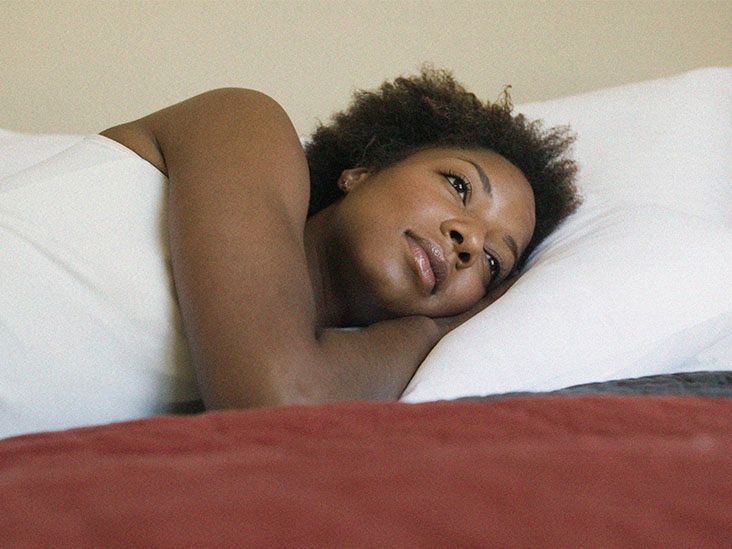
Title: Unraveling the Mysteries of Sleep: A Comprehensive Guide to Common Sleep Disorders and Strategies for Better Rest
Introduction: Sleep is a fundamental aspect of our overall health and well-being. However, many individuals struggle with various sleep disorders that can negatively impact their quality of life. In this article, we will delve into common sleep disorders such as sleep apnea and irritable bowel syndrome (IBS), which may disrupt your rest. Additionally, we will explore evidence-based strategies to help you fall asleep faster and improve your overall sleep hygiene.
Section 1: Understanding Sleep Disorders
Sleep Apnea:
An estimated 50 to 70 million Americans are affected by sleep-related problems (American Sleep Apnea Association). One such condition is sleep apnea, a disorder characterized by repeated interruptions in breathing during sleep. Symptoms of this condition include gasping for air and snoring. These disruptions can lead to excessive daytime fatigue and other health complications.
Irritable Bowel Syndrome (IBS):
Another common issue that may impact your sleep is IBS, a chronic gastrointestinal disorder. People with IBS may find that certain foods trigger their symptoms, leading to discomfort and potential sleep disturbances. Additionally, swallowing air can also contribute to gas and bloating at night.
Section 2: Strategies for Better Sleep
Improving Sleep Hygiene:
Good sleep habits are essential for improving sleep quality and making it easier to fall asleep. Some strategies include maintaining a regular sleep schedule, avoiding electronics before bedtime, limiting caffeine intake, and creating a comfortable sleeping environment.
Techniques for Falling Asleep Faster:
Several evidence-based techniques can help you fall asleep faster. These include listening to peaceful music or white noise, practicing progressive muscle relaxation, guided imagery and meditation.
Conclusion: In conclusion, understanding common sleep disorders such as sleep apnea and IBS is crucial for ensuring a good night's rest. Additionally, implementing evidence-based strategies like improving sleep hygiene and utilizing relaxation techniques can significantly improve your overall sleep quality.
:max_bytes(150000):strip_icc()/GettyImages-1456595449-8cf6aa7a1a154c1ba804b347b51e07a6.jpg)
